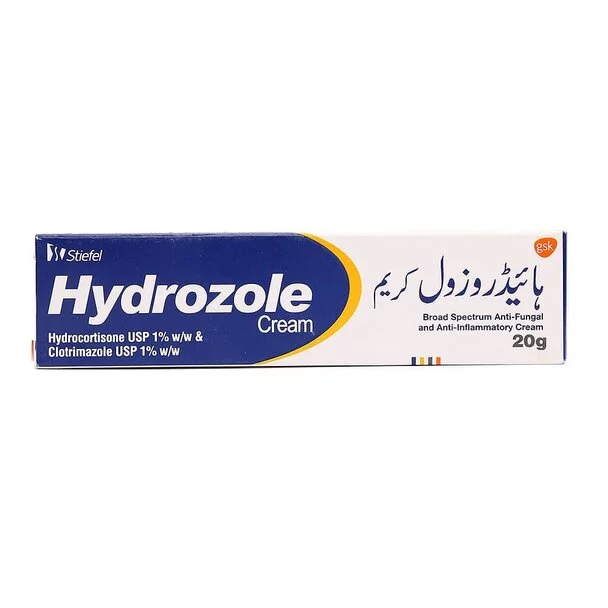Most people, children and adults alike, describe an earache as a sharp, or burning pain in one or both ears. While doctors says, the condition may be benign and temporary in a large majority of cases, it is undoubtedly excruciating and unbearable for the duration of its stay. Some of the common causes of ear pain are as below:
Table of Contents
1- Sudden Change in Air Pressure
This is one of the most common causes of ear pain. This can happen during landing or taking off in an aeroplane or riding on a lift when there is a fluid imbalance inside both ears, resulting in painful and discomforting popping sounds and feelings of needle pricks inside the ear; some may even feel that their ears are bleeding.
This condition is temporary and fades as pressure normalizes.
2- Impacted Earwax
A disruption in the normal manufacture and removal of earwax by the ear can lead to an accumulation and hardening of the substance, effectively blocking the ear canal and causing pain, which is worsened by trying to clear it with cotton buds or other objects as it pushes the wax further into the ear canal, possibly rupturing the eardrum.
3- A Ruptured Eardrum
A small hole in the thin tissue, or eardrum, that separates the outer and inner ear due to the insertion of foreign objects like cotton buds, drastic changes in air or water pressure, inner ear infections, injuries to the head or neck area, or exposure to loud bursts of noise can result in extreme earaches accompanied by dizziness, a buzzing sound, a clear or bloody discharge form the affected ear, or temporary or permanent hearing loss.
While the ear usually self-repairs the damages, it may take up to 2 months for complete recovery.
4- Otitis Externa
Sometimes, water trapped in the ear canal after showering or swimming can invite microorganism growth inside the ear, resulting in External Ear Infections or Swimmers Ear, which causes pain, redness, swelling, itching, or pus leakage.
Moreover, Cellulitis, a common skin infection resulting from unhygienic ear piercings can also spread into the ear and cause pain.
5- Otitis Media (Middle Ear Infections)
The blockage and buildup of mucus in serious or chronic sinus infections caused by colds, allergies, or a deviated septum (structural displacement of the bone dividing the nasal cavities) can contribute towards ear pressure buildup; resulting in severe earaches and red or cloudy membranes in the inner ear.
Such infections require immediate medical attention to avoid spreading and possible hearing loss.
6- Tinnitus
Though not extremely common, chronic ear pain in adults might also be attributed to the constant ringing or buzzing sounds in the ear. Moreover, Eczema in the ear canal can also be a causative factor of chronic earaches.
7- Glue Ear (Otitis Media with Effusion, or OME)
While usually painless, excess fluid and, resultantly, pressure buildup deep inside the ear can induce temporary hearing loss and earaches. Like ruptured eardrums, the condition is usually self-reparative, although extreme cases might require the surgical placement of small tubes called grommets to aid fluid drainage.
8- Referred Sources
Since the facial and neck nerves are closely connected, ear pain might not necessarily originate from the ear, but from other regions known as ‘referred sources’, some examples of which include:
Temporomandibular Joint Disorder (TMD)
Resulting from either structural deformities of the jaw joint, teeth grinding, or as a symptom of jaw-affecting arthritis, TMD is characterized by an intense pressure while chewing, talking and yawning which also cause earaches in addition to jaw pain and headaches.
Tonsilitis
Severe cases can cause moderate to extreme ear pain. However, while tonsillitis is not a major cause of concern, Quinsy, i.e. abscess formation on one side of the back of the throat requires urgent treatment.
Dental Issues
Earaches coupled with intense and throbbing toothaches can be due to painful tooth cavities, impacted (crowded) molars, braces, or pus aka dental abscess formation and accumulation in certain teeth or gums, in which case the surgical drainage of pus by a dentist may be required for effective pain relief.
Treatment
Treating the underlying causes can often provide relief from earaches:
- Chewing gum, swallowing, yawning, or pinching and releasing air slowly through the nostrils after taking a deep breath can provide instant relief from pressure-caused earaches.
- Earwax can either be cleared professionally or loosened via olive oil or certain eardrops. However, these remedies should be avoided if eardrum ruptures are suspected.
- Over-The-Counter (OTC) pain medications, applying warm compresses to the jaw and eating soft foods can help with TMJ-related earaches.
- OTC painkillers like aspirin and ibuprofen, or oral antibiotics can help treat sinus infections and Otitis Media and Externa.
- Sinus infections can also be avoided by avoiding triggers, smoking, and secondhand smoke.
- Always dry out your ears after swimming and showering, and wear earplugs and a bathing cap before swimming.
- If something is stuck in the ear, do not try to remove it yourself.
While most cases usually self-subside or get better with OTC medications, experiencing earaches in both ears, vomiting, hearing loss, earaches lasting over 3 days, fluid discharge from the ear, or a very high fever requires urgent medical aid. You can also book an appointment with a top ENT Specialist in Islamabad, Karachi and Multan through oladoc.com, or call our helpline at 042-3890-0939 for assistance to find the RIGHT Doctor for your ear-related concerns.













